High-Impact Practices 2. Expanding the High-Impact Footprint: Opportunities for Growing Undergraduate Research in the Arts, Humanities, and Social Sciences at an R1 University
Dr. Robert Moses Peaslee, Associate Dean, Texas Tech University Honors College
This presentation reports on qualitative data regarding faculty adoption of (or reservations regarding) undergraduate research in the arts, humanities, and social sciences. Charged with expanding the TTU Honors College’s very popular Undergraduate Research Scholars (URS) program beyond its traditional focus in science, technology, engineering, and mathematics, I undertook a series of interviews with research faculty in target disciplines to better understand their feelings around working with undergraduate students to support their scholarship. Building on recent work by Farry (2022), Gaillet, et al (2022), Dotter (2020), among others, I consider this data in the context of Honors best practices and other proven models for expanding access to undergraduate research. Areas of focus in data collection include perceived disciplinary, epistemological, or methodological barriers to including undergraduate students in research practices; institutional idiosyncrasies at the unit, college, or university level that preclude (or are seen to complicate) incorporating undergraduates into the research culture; personal histories, assumptions, or biases that might mitigate against (or in favor of) working with beginning scholars; and any particularly valent (positive or negative) experiences with undergraduate research in these fields that might inform the building out of a more robust, systematic approach to diversifying and scaling the URS program most effectively.
